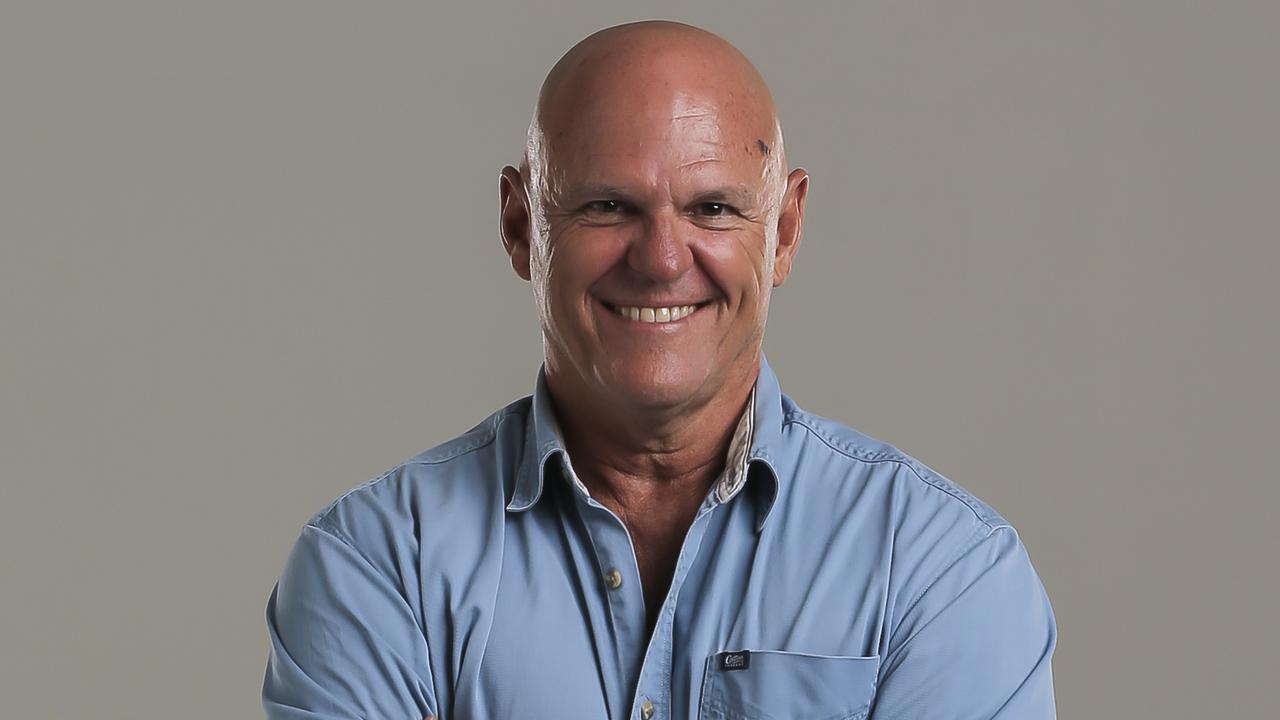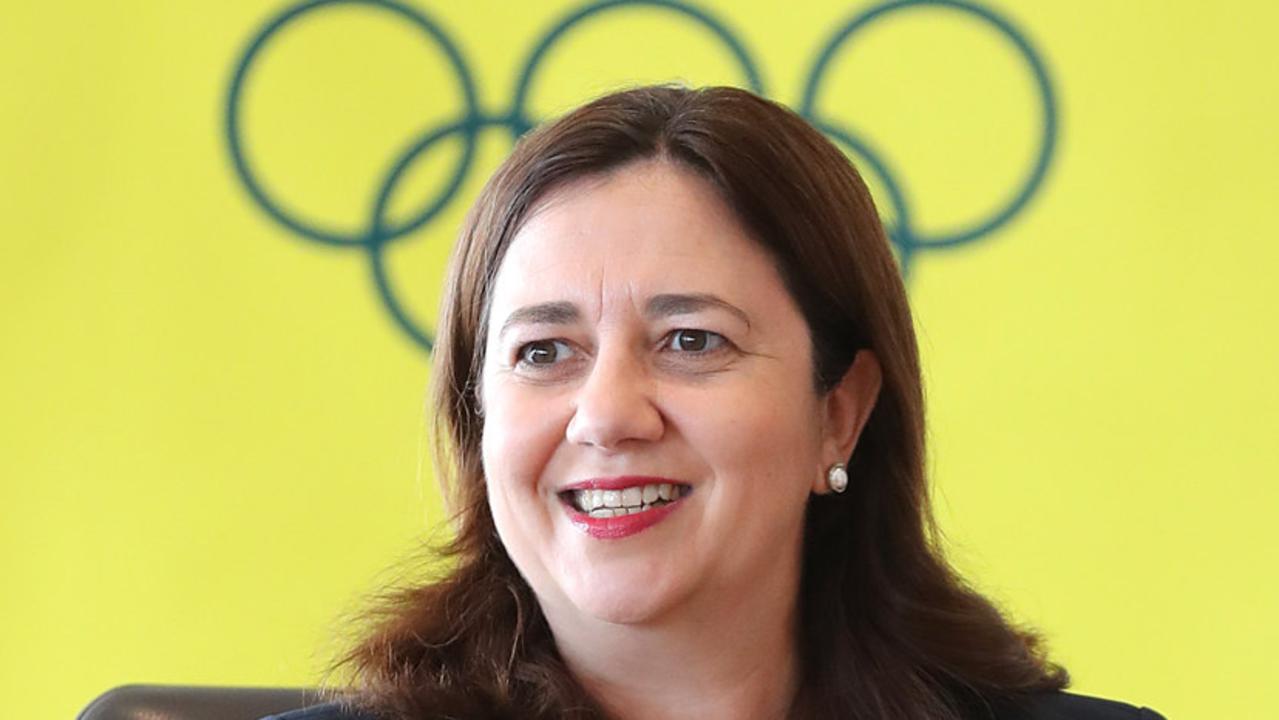Bush baby crisis proof of the need for a free press
The Sunday Mail’s award-winning Bush Baby Crisis campaign is a prime example of how breaking important stories can be a life saver for the public. That’s why those interested in a strong and free democracy are rightly worried by attacks on freedom of the press.
Opinion
Don't miss out on the headlines from Opinion. Followed categories will be added to My News.
Journalists and those interested in a strong and free democracy are rightly worried by the recent attacks on freedom of the press.
Federal police raids have exposed the flaws in existing Australian law that fail to protect journalists and their sources, even when breaking stories that are clearly in the public interest. This worrying state of affairs has dire implications when it comes to the health of the nation, in particular the provision of health services by our State and Federal governments.
DOCTORS CALL FOR URGENT BIRTHING FIX FOR RURAL MUMS
MILES PUTS AN END TO DECADES OF BIRTHING UNIT CLOSURES
The Sunday Mail’s award-winning Bush Baby Crisis campaign is a prime example of how breaking important stories can be a life saver for the public. Queenslanders needed to be aware of the fallout from the closure of scores of birthing units over the past decades in regional and rural Queensland. Women and babies were at risk.
But the path to putting those stories to print was not an easy one with significant pressure placed on health care workers and consumer advocates doing their best to speak for the voiceless in their local communities.
As a Queensland Rural Generalist GP-Obstetrician I have experienced first-hand the damage that these policies can create, which drove my passionate support for the continuation of rural birthing units.
Unfortunately, I have also experienced the negative impacts of speaking out this issue, and I know personally many of the people involved have felt pressure from a range of quarters, all taking a significant personal and professional toll.
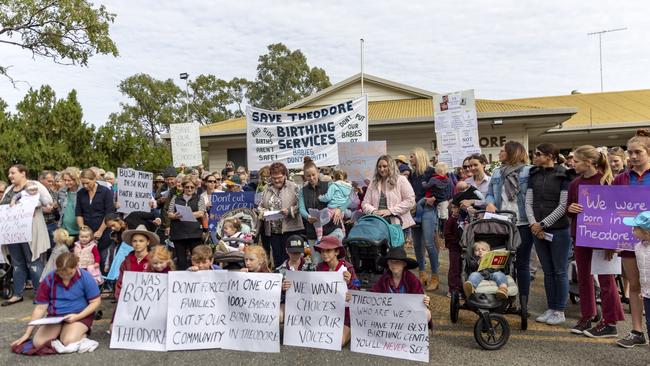
The Sunday Mail’s exposure of the outcomes and underservicing of our rural hospitals led to the implementation of a Rural Maternity Taskforce in Queensland. The Minister has promised that there will be no more birthing unit closures and is working towards the reopening of key maternity centres.
This is a great outcome for rural communities, and has given a sense of achievement for those that battled for rural women to birth safely.
Unfortunately, many of these most passionate advocates feel they have now been excluded from the Taskforce and have not been able to participate in the ongoing process. This is a really disappointing outcome because these are the people with first-hand experience, are on the ground, know the problems and can help offer solutions.
One of the solutions put forward by Queensland Health involves midwife only maternity units.
Midwives are highly skilled and provide outstanding birthing services every day of the week. But if severe complications arise, they should not be left high and dry without the medical support of obstetrically trained doctors.
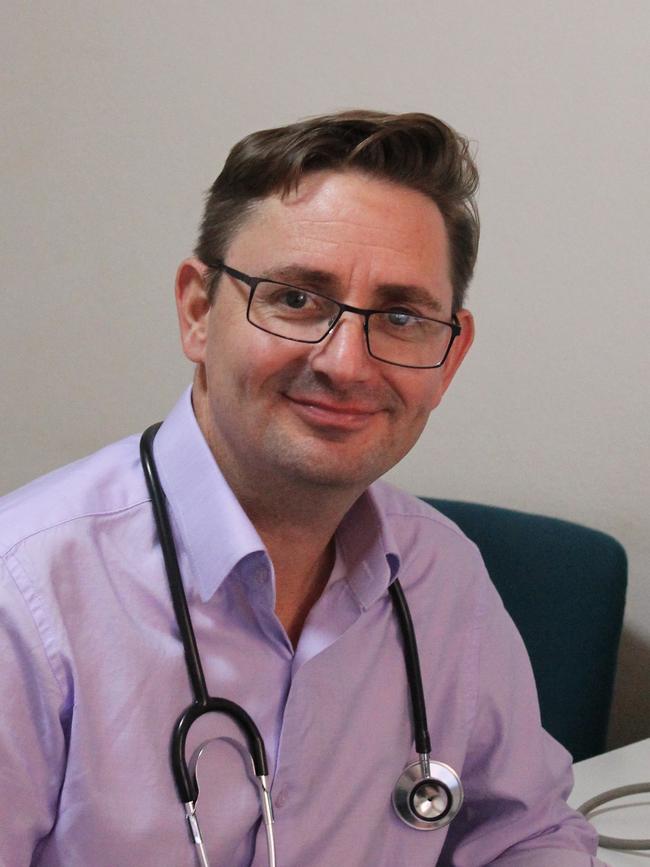
Without access to an emergency caesarean section and immediate resuscitation for heavy bleeding or for babies with distressed breathing, care that is only available by obstetricians, mothers and babies birthing in these units will have to rely on helicopters and ambulances to rescue them if they have a birthing complication. This is bound to result in an increase in adverse outcomes.
The chopper doesn’t always come and significant delays exist if the services are limited by weather or tasked elsewhere. We need strong, credentialed and effective health care teams on the ground in our rural hospitals.
Rural Maternity services have been closed in the past because they have been deemed less safe. This is despite long term perinatal data confirming that the quality and safety of birthing is exemplary in our functional rural birthing hospitals.
When it comes to the provision of health services and the maintenance of the key areas of essential services, Queensland is not alone.
The provision of adequate health services in rural and remote Australia is a national problem.
To fulfil their universal healthcare service obligations outlined in the Commonwealth healthcare agreements, local health jurisdictions need to ensure that services are protected at all costs, as would happen in metropolitan areas.
Emergency, Birthing and Primary Care (GP) should be considered the three pillars of this obligation, because these are the areas over which many patients have no choice.
You cannot choose where you have a motorbike accident. You cannot always choose where you may go into labour. And most of us cannot choose where we live based solely on the availability of primary care.
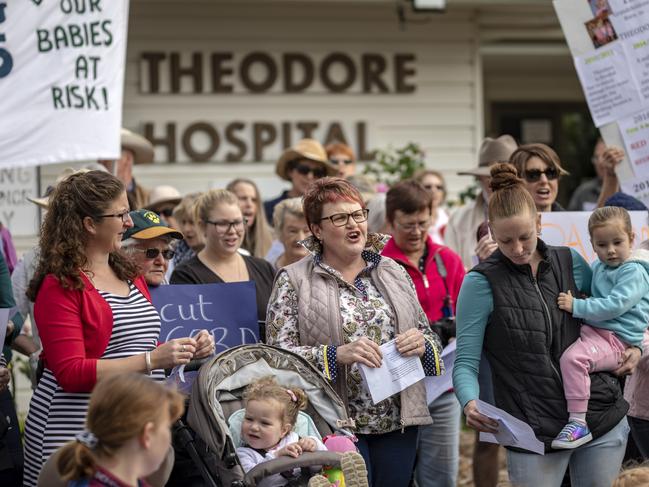
Governments right across the country need to be identifying the hospitals and communities in which these services must be maintained. Just as closing of the maternity or emergency service in the Royal Brisbane would not even be considered, this should also be the case in many of these rural areas that equally need access to this care.
There is an urgent need for sector reform, and creative solutions must be sought in order to address this spreading crisis.
Fragmented funding models are contributing to the problem. The Rural Doctors Association of Australia (RDAA) recently called for a review of whole-of-sector funding to explore a single funder model for rural health care to end the blame game and cost shifting between federal and state governments.
We would argue that some of the current $2.1 billion Medicare underspend in rural areas should be invested in targeted recruitment programs, incentives and training for doctors, nurses and midwives to staff our flagging rural maternity sector.
And those people in these communities who continue to battle for equitable care, or who blow the whistle on inaccurate reporting of data or other untruths that erode the provision of this care, should never be discriminated against.
I know that I will continue to fight for equity in the delivery of healthcare, especially birthing, in the bush, and many of my colleagues and community advocates with me, no matter the cost.
It’s time to take the gags off.
Dr John Hall is the President of the Rural Doctors Association of Australia (RDAA).

